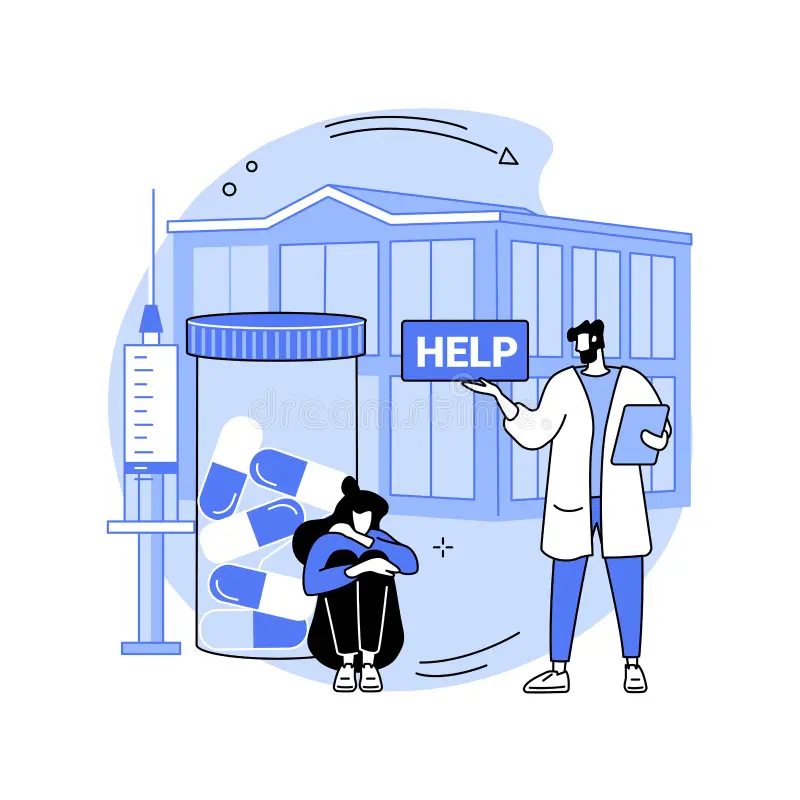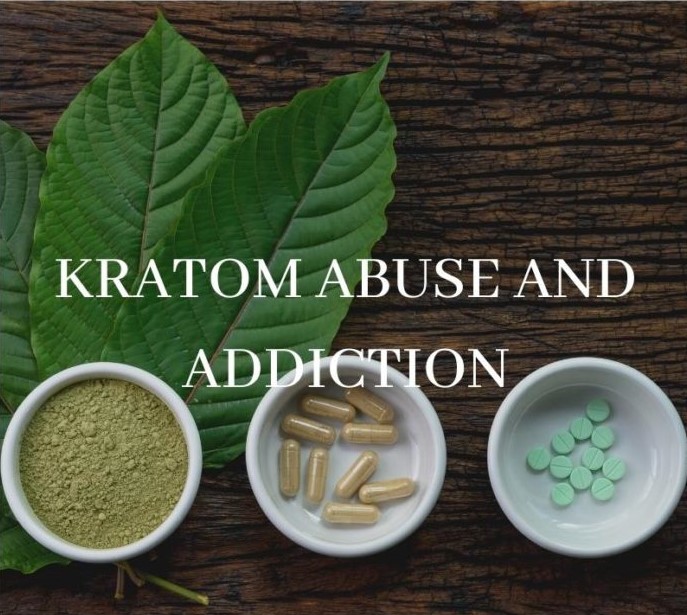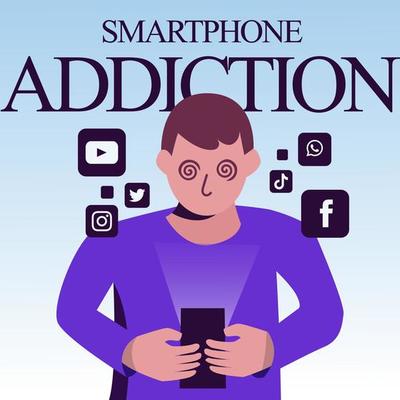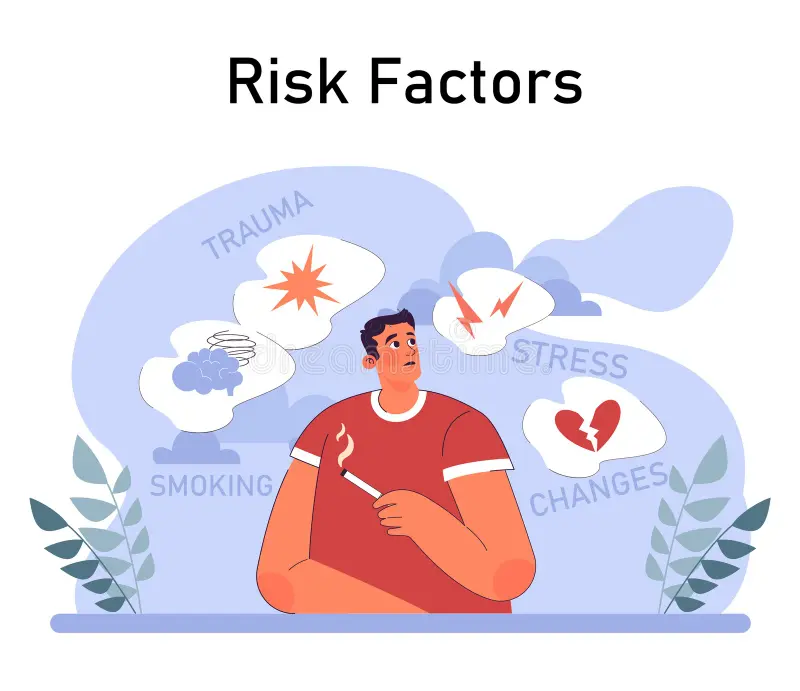Using Drug Rehab for Sobriety
Drug rehab centers play a vital role in supporting addiction recovery by combining medical supervision, therapy, and relapse prevention strategies. These services help individuals manage cravings, develop healthier coping skills, and build a structured path toward sobriety. The benefits can be life-changing, but challenges remain, including the high cost of treatment, disruption of work and … Read more









